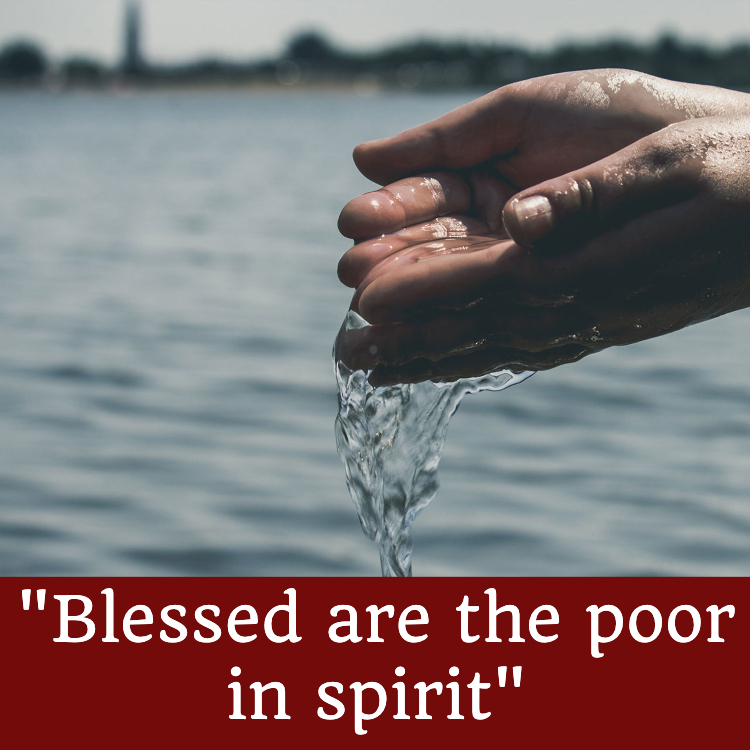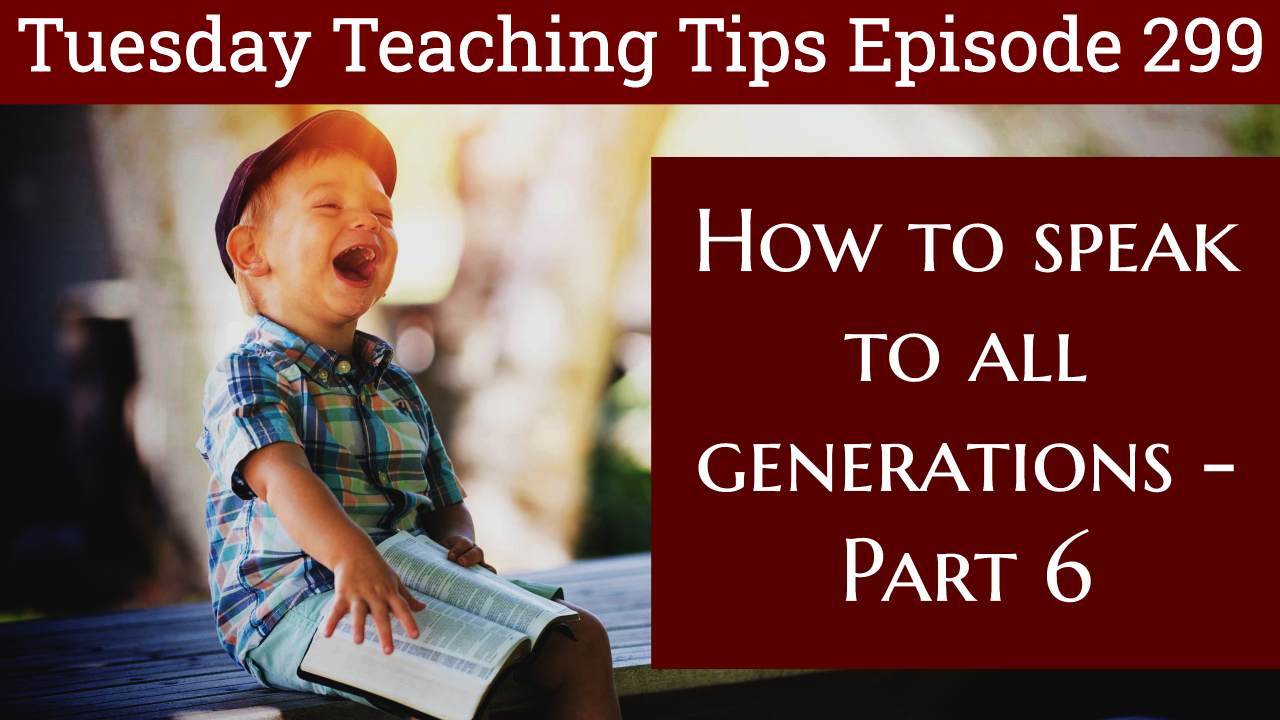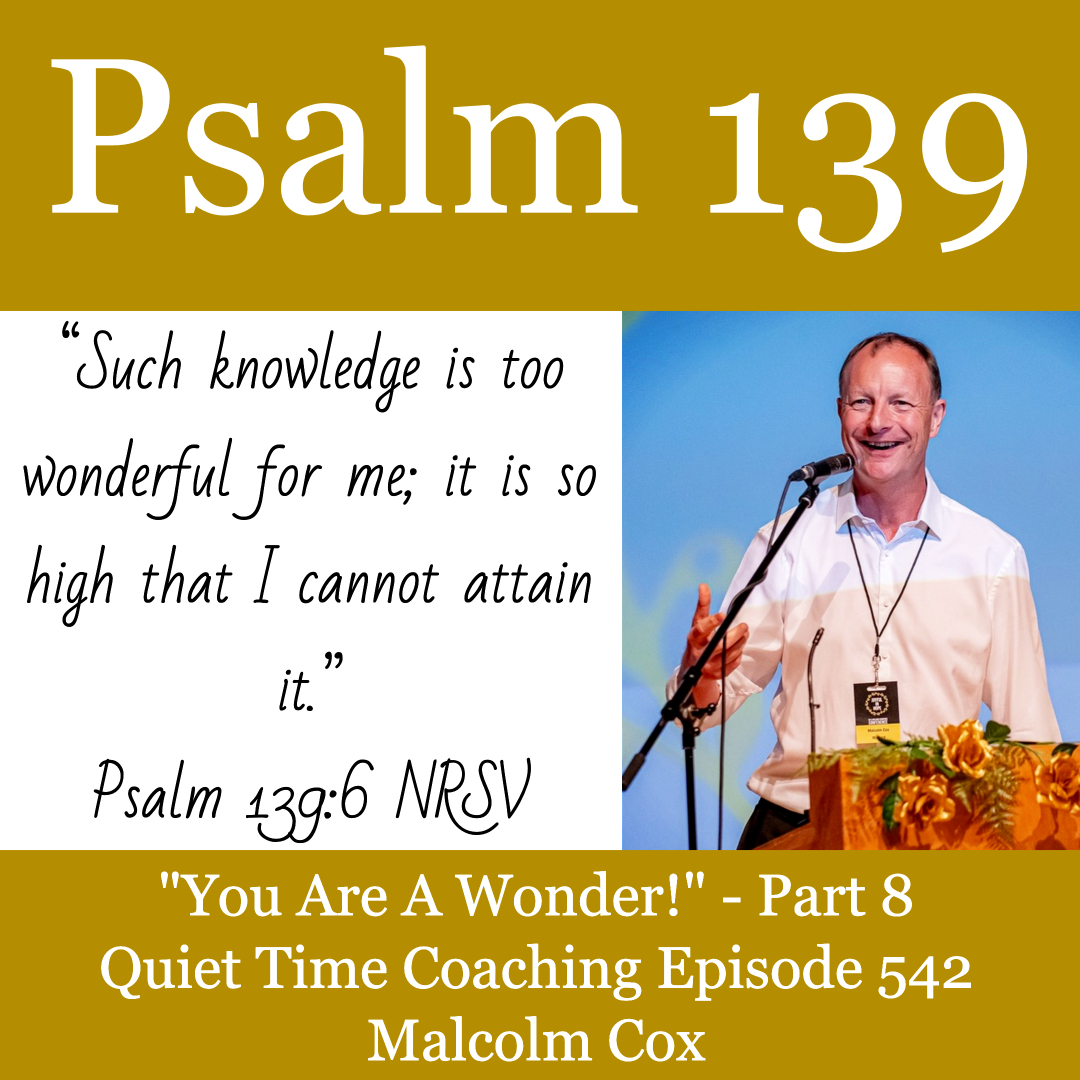Quiet Time Coaching: Episode 109.

“Now when Jesus saw the crowds, he went up on a mountainside and sat down. His disciples came to him, and he began to teach them. He said: “Blessed are the poor in spirit, for theirs is the kingdom of heaven.”
(Matthew 5:1–3 NIV11)
What does it mean to be “poor in spirit?” And how is this connected to the kingdom of heaven?
In this series we are immersing ourselves in the beatitudes – Matthew 5:3-12. We’re trying to figure out what each beatitude means for us practically and how that affects our relationship with God, and in particular, our times of quiet with God.
The reason this is on my mind is because I am preparing a teaching and preaching series for the Thames Valley churches of Christ, and a teaching day for the Watford Church of Christ based on the sermon on the mount.
Join me today as I examine what it means to be “poor in spirit”.
An alternative translation of this verse reads: ““Happy are the oppressed, because to them belongs the kingdom of heaven.” What kind of happiness is envisaged?
“Rather than happiness in its mundane sense, it refers to the deep inner joy of those who have long awaited the salvation promised by God and who now begin to experience its fulfillment. The makarioi are the deeply or supremely happy.”
Hagner, Donald A. Matthew 1–13. WBC 33A. Accordance electronic edition, version 1.5. Grand Rapids: Zondervan, 2000.
Let’s think about how Jesus caused people to be blessed and happy in this sense. He came to bring good news to the poor: Matthew 11:5; Isaiah 61:1. He is fulfilling promises in an eschatological manner.
Jesus said, “The Spirit of the Lord is upon me because he has anointed me to preach good news to the poor.” (Luke 4:18, Is 61.1-2). He was completely emptied of self (Phil 2) and obedient to the Father (John 14:10) and dependant on Him in prayer. Jesus himself started life in a ‘poor’ way by being born in a stable.
Jesus reveals that ‘poverty’ and blessedness can go together.
What does this ‘poverty’ look like? We’re dealing with spiritual bankruptcy (publican/Pharisee contrast in Luke 18) and deep repentance. Self-hatred is not encouraged by this attitude. It requires a conscious self-emptying before approaching God.
The song ‘Rock of Ages’ includes a verse that expresses this well,
Nothing in my hand I bring:
Simply to Thy Cross I cling;
Naked, come to Thee for dress;
Helpless, look to Thee for grace;
Foul, I to the fountain fly;
Wash me, Saviour, or I die.
Matthew 5:3 combines reality with hope. Being ‘poor’ is not fun, but it is temporary once you have Jesus. We have the kingdom now, and experience some of its blessings now, but, given life continues to be difficult, hold on to the promise of its future complete fulfilment.
We need to put two scriptures together. Jesus said: ““I am the vine; you are the branches. If you remain in me and I in you, you will bear much fruit; apart from me you can do nothing.” (John 15:5 NIV11) Paul said: “I can do all this through him who gives me strength.” (Philippians 4:13 NIV11)
Being poor in spirit begins with understanding our poverty without Christ. Then, once we reflect on the wonder it is that we have Christ, it gives us the confidence we need that with Christ we can do all things.
A.W. Tozer offered this prayer having meditated on this verse:
“Father, I want to know Thee, but my cowardly heart fears to give up its toys. I cannot part with them without inward bleeding, and I do not try to hide from Thee the terror of the parting. I come trembling, but I do come. Please root from my heart all those things which I have cherished so long and which have become a very part of my living self, so that Thou mayest enter and dwell there without a rival. Then shalt Thou make the place of Thy feet glorious. Then shall my heart have no need of the sun to shine in it, for Thyself wilt be the light of it, and there shall be no night there. In Jesus’ name, Amen.”
A brief retreat update
Registration is open for the, “Wait for the LORD” retreat, 27 – 29 March 2020.
Subscribers to my website get first option on attending – until 15 October when I will open it up to anyone who is interested. You can find details on my website and in previous podcasts.
If you’d like to come, drop me a line via email and I will tell you how you can make payment. Please also mention if you are a subscriber when you send me that email.
If you are not currently a subscriber and would like to be, go to the home page of my website, scroll to the bottom and sign up.
Please add your comments on this week’s topic. We learn best when we learn in community.
Do you have a question about teaching the Bible? Is it theological, technical, practical? Send me your questions or suggestions. Here’s the email: malcolm@malcolmcox.org.
If you’d like a copy of my free eBook on spiritual disciplines, “How God grows His people”, sign up at my website: http://www.malcolmcox.org.
Please pass the link on, subscribe, leave a review.
God bless, Malcolm
PS: You might also be interested in my book: “An elephant’s swimming pool”, a devotional look at the Gospel of John


